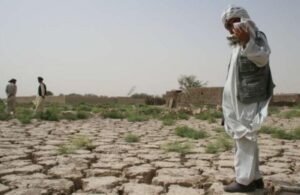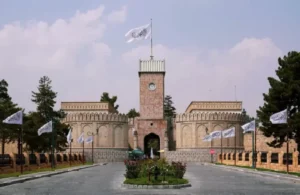MONITORING (SW) – The foreign ministers of the Shanghai Cooperation Organisation (SCO) on Wednesday called for an end to violence in Afghanistan against civilians and the authorities and urged the Afghan government to strengthen its position for the sake of stability.
Senior Afghan leaders are expected to meet the Taliban for talks in Doha this week.
In a statement, the SCO foreign ministers called for a purely peaceful settlement, reported Reuters.
India on Wednesday called on members of the Shanghai Cooperation Organisation (SCO) to act against terrorism and terror financing during a meeting in the Tajikistan capital that was dominated by the deteriorating security situation in Afghanistan.
NSA Mohib off to Moscow to meet Russian officials
Russia seeking to solidify its clout with the Moscow meeting
According to ANI, External affairs minister S Jaishankar raised these issues when he joined his counterparts from the SCO states – China, Kazakhstan, the Kyrgyz Republic, Pakistan, Russia, Tajikistan and Uzbekistan – for the meeting in Dushanbe. The meeting is also being attended by representatives from countries with observer status with SCO, including Afghan foreign minister Haneef Atmar.
“Afghanistan, public health and economic recovery are pressing issues. Combating terrorism and extremism is the key purpose of SCO. Must stop terror financing and deter digital facilitation,” Jaishankar tweeted after addressing the meeting.
Jaishankar also welcomed the meeting of the SCO Contact Group on Afghanistan later in the day, and urged the need for early universal vaccination against Covid-19. He also spoke on reformed multilateralism
The SCO, seen as a counterweight to NATO, is an eight-member economic and security bloc and has emerged as one of the largest trans-regional international organisations.
India and Pakistan became its permanent members in 2017.
The SCO was founded at a summit in Shanghai in 2001 by the presidents of Russia, China, Kyrgyz Republic, Kazakhstan, Tajikistan and Uzbekistan.
ENDS






